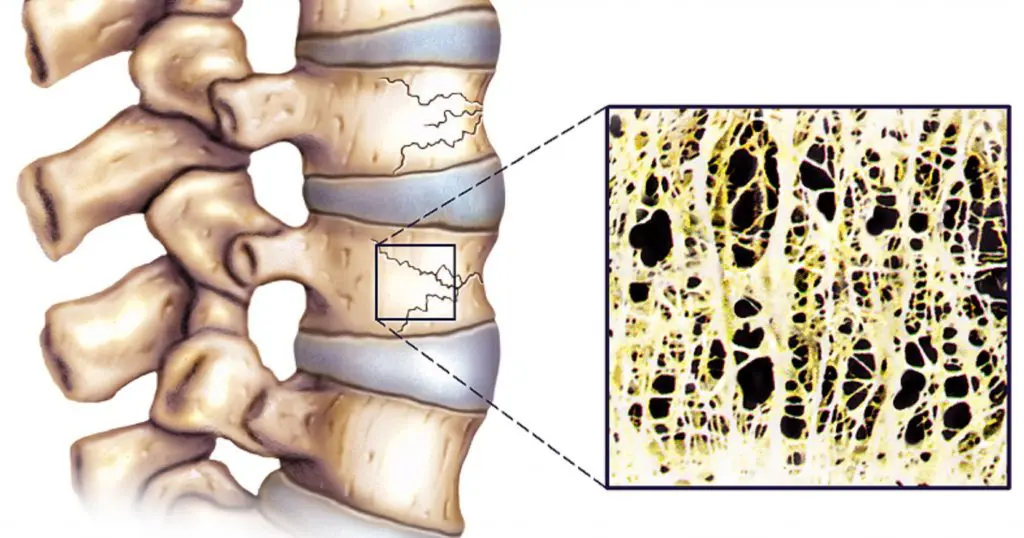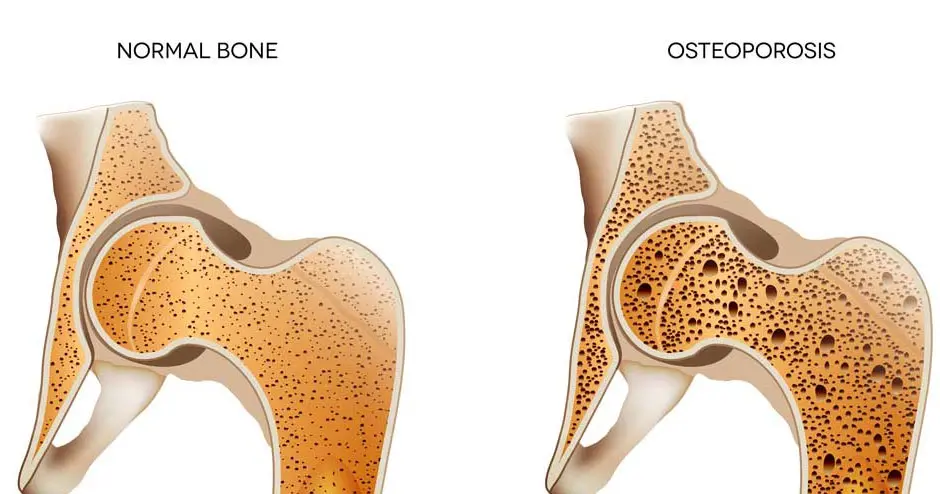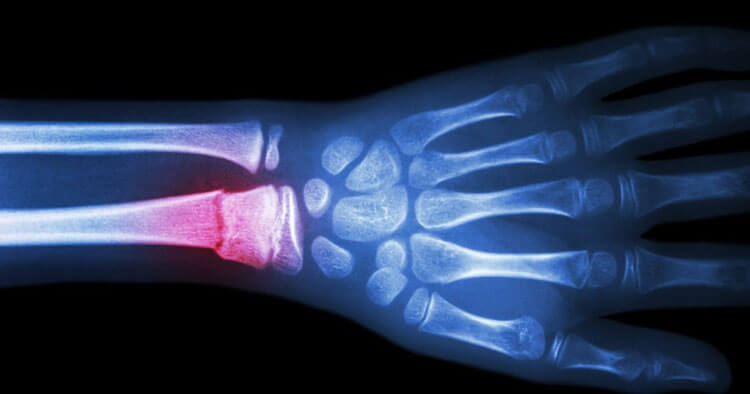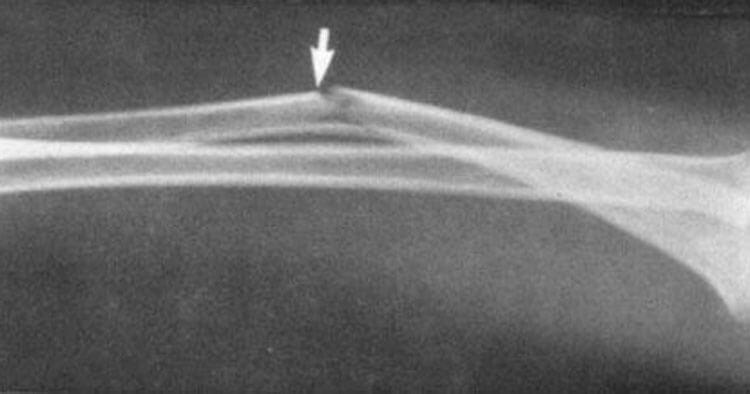Detecting And Treating Osteoporosis Early Is Key To stop what is known as the fracture cascade detecting and treating osteoporosis as early as possible is essential. The fracture cascade is the relationship that exists with osteoporosis whereby each new fracture subsequently increases the risk of future fractures. Detecting osteoporosis and treating the condition as early… Read More >
Tag Archives: fractures
Will I Get Osteoporosis? It is important to note that osteoporosis is a disease that can affect both men and women and is extremely prevalent with reports that somewhere over one million people in Australia have osteoporosis. Although women are at a greater risk of developing osteoporosis as a result of menopause and the associated… Read More >
Osteoporosis Verses Osteopenia, What’s The Difference? Osteoporosis is a common disease affecting the skeletal system making the bone brittle. Brittle bones as a result of osteoporosis leads to an increased risk of suffering a fracture when compared to the fracture risk of normal bone. According to ‘Osteoporosis Australia’ over one million people in living in… Read More >
Don’t Rush Your Stress Fracture Recovery A stress fracture is a frustrating and serious injury for any athlete. The presence of a stress fracture indicates the athletes needs to examine their training approach, running biomechanics, and their overall health. A basic rule with stress fracture rehabilitation is that any attempt to rush things can cause… Read More >
Wrist Anatomy and Wrist Fractures The wrist is certainly one of the many complex structures in our body. Given the importance of our hands and their role in facilitating our everyday tasks and activities, it is essential to have your injury and any potential wrist fractures addressed at the onset of your symptoms. This article… Read More >







